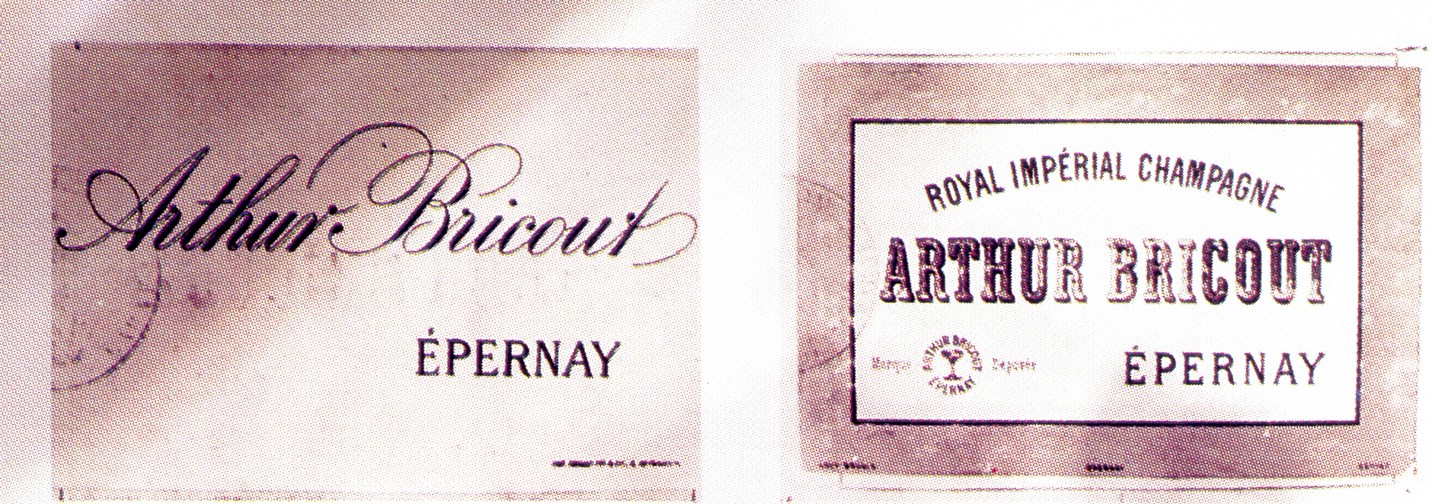|
Arthur François Bricout was born in Reims November 16, 1840, from wealthy parents living at Merfy , agricultural village in the northwest of Reims.
Arthur Bricout stood at Epernay in 1863, commission in wine sales, representative until 1868, he lived rue des Archers ; it is from this time that he made the trade, shipping and speculation of champagne wines for his own account, at the same time he bottled wine for third parties. Industrious and intelligent, Bricout had quickly acuired the sympathy of people with whom he was on a business report, and with his honest out, he had attracted the confidence in Epernay and earned a very large credit. Happy in the early years, he saw successively improve his situation.
In 1869 he married Constanze Kupferberg,
daughter of the Sekt Kupferberg founder, a company of German sparkling wine.
But unfortunately he could not moderate the zeal he usually brought in business, and let himself be carried away by the lure of quickly big and easy profits made in Champagne by general speculation after the war 1870. From that date he probably sold champagne in his name.
In 1876, he filed his champagne brand,
but following the fraudulent bankruptcy of his company, he was condemned to heavy prison sentence by the Court of Epernay and fled to England with his wife, after having defrauded numerous creditors.
«
... to support his commercial
existence and delay inevitable bankruptcy, he had recourse to ruinous methods and, after expedients he came to commit
breach of trust of which he has been accused, that motivated against him a five years imprisonment . » (Conviction and collapse of Arthur Bricout by the
Commercial Court of Epernay , 1877-1884)
Boasting the laws of amnesty after the war of 1914-18, he returned to live in Paris where he died a widower November 2, 1932.
Christian Andreas Kupferberg chooses the brand 'Arthur Bricout' to baptize his champagne, in tribute to this ancestor and as sign of commitment to France, which later became his adopted country.
|
